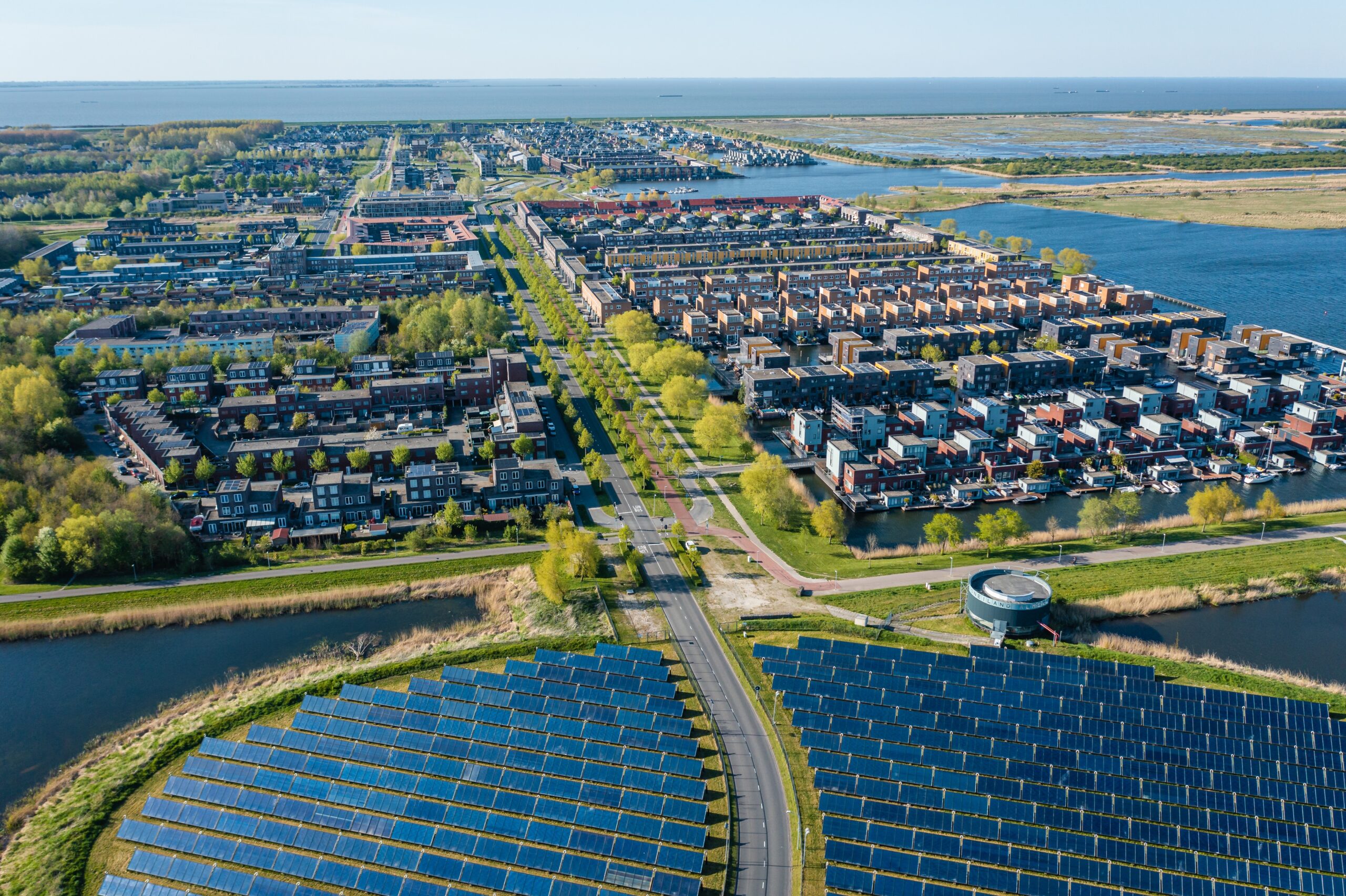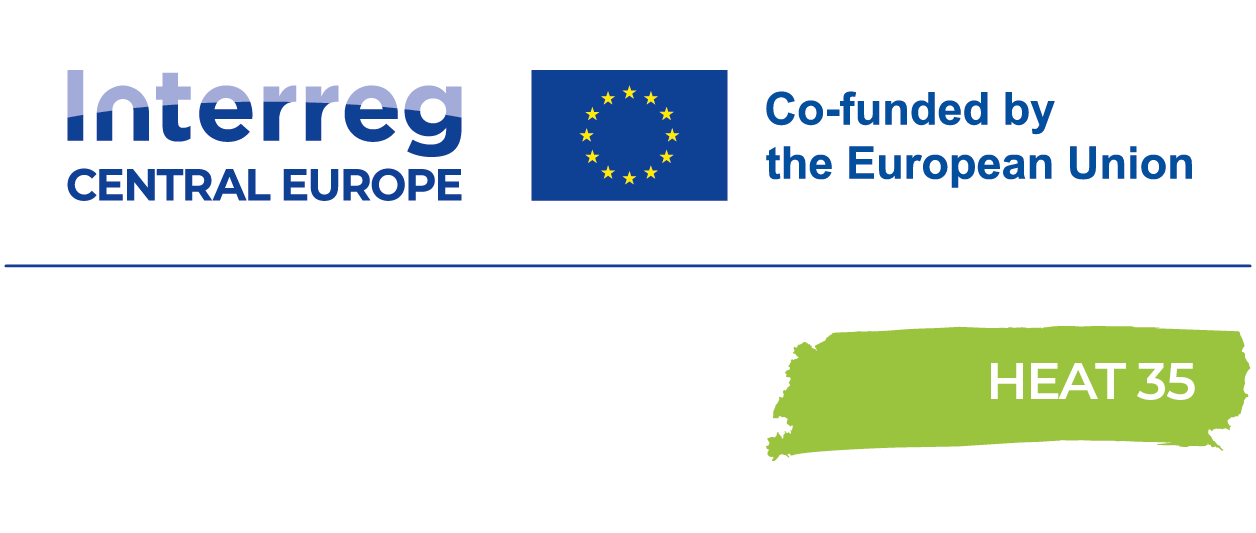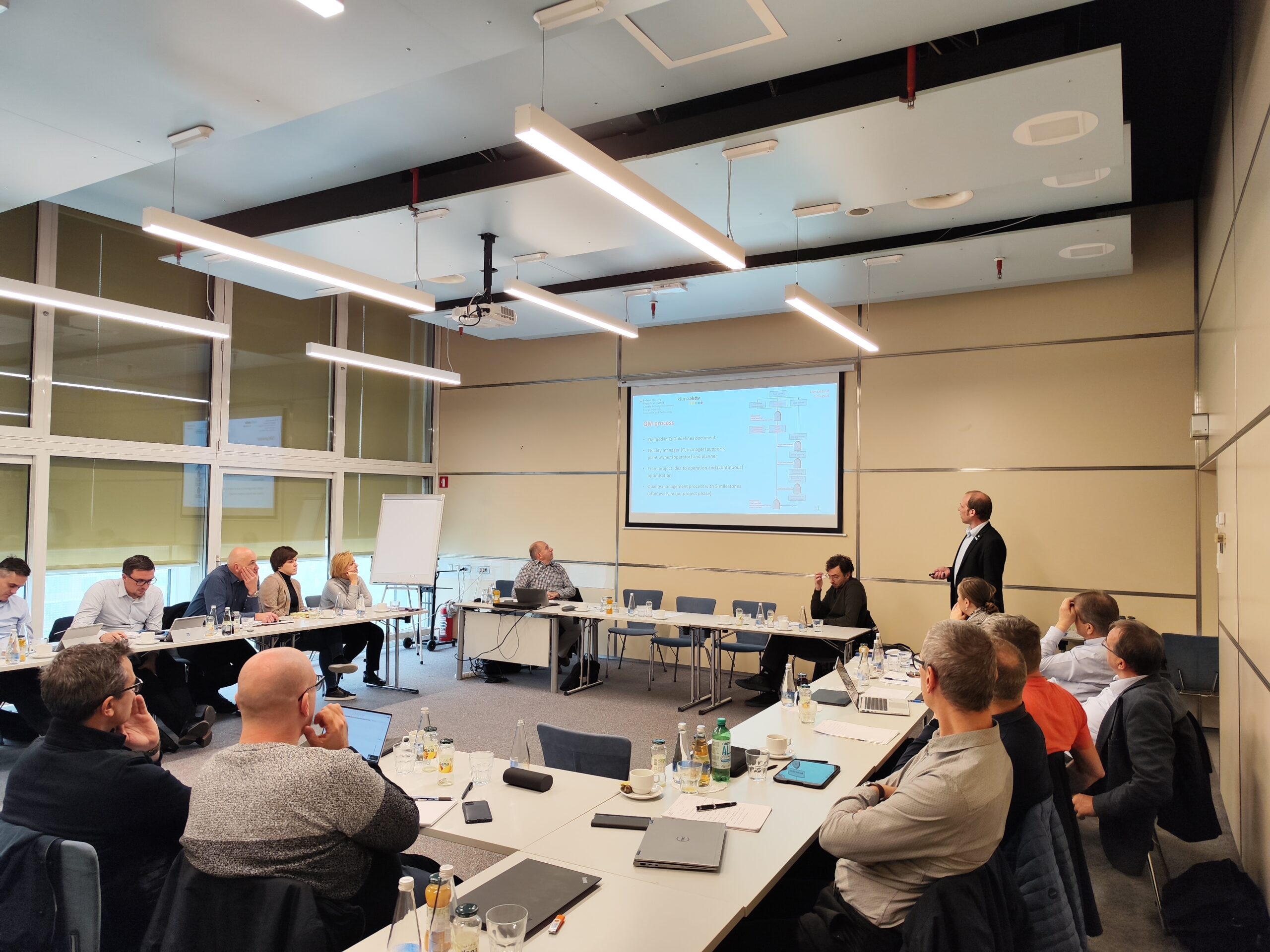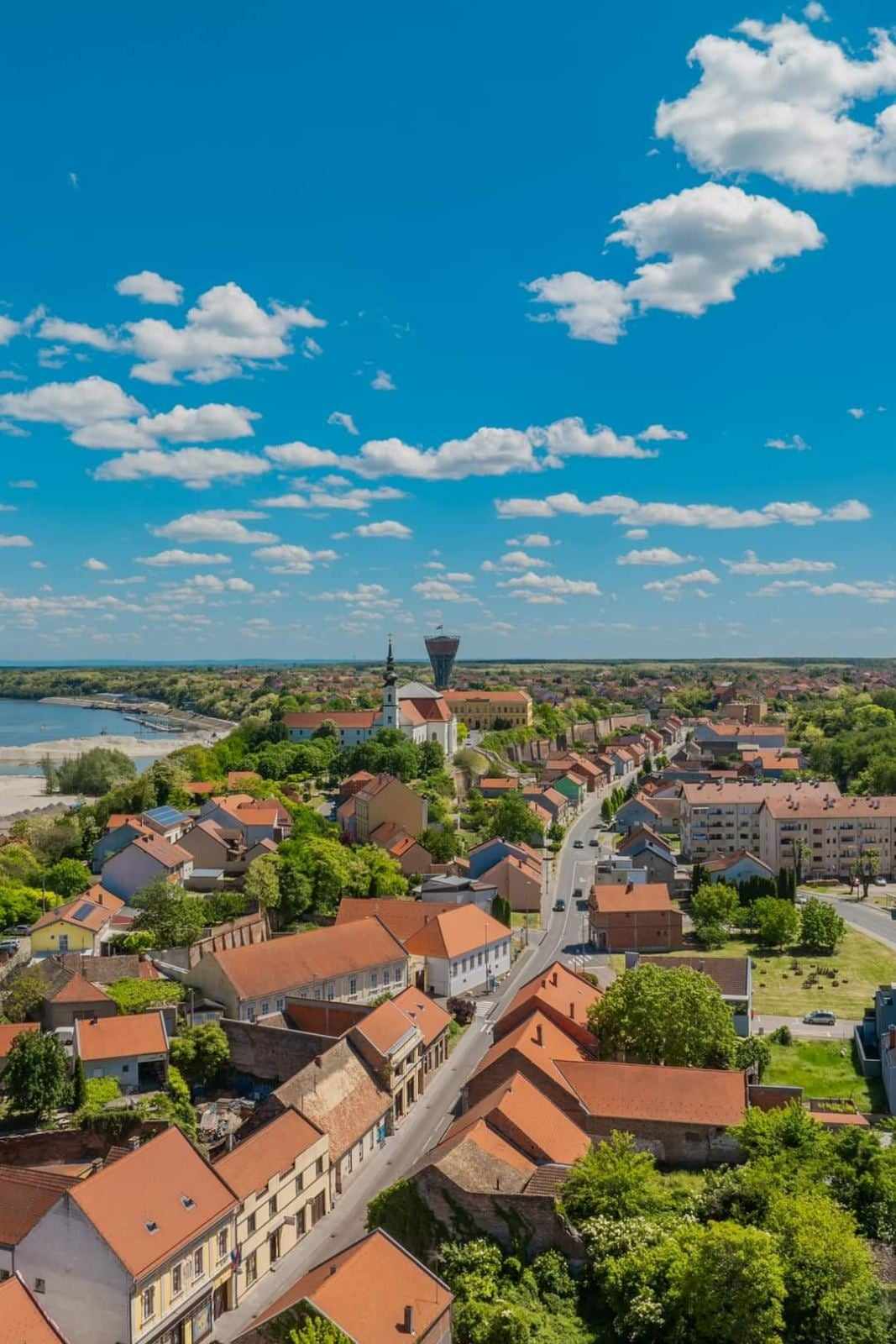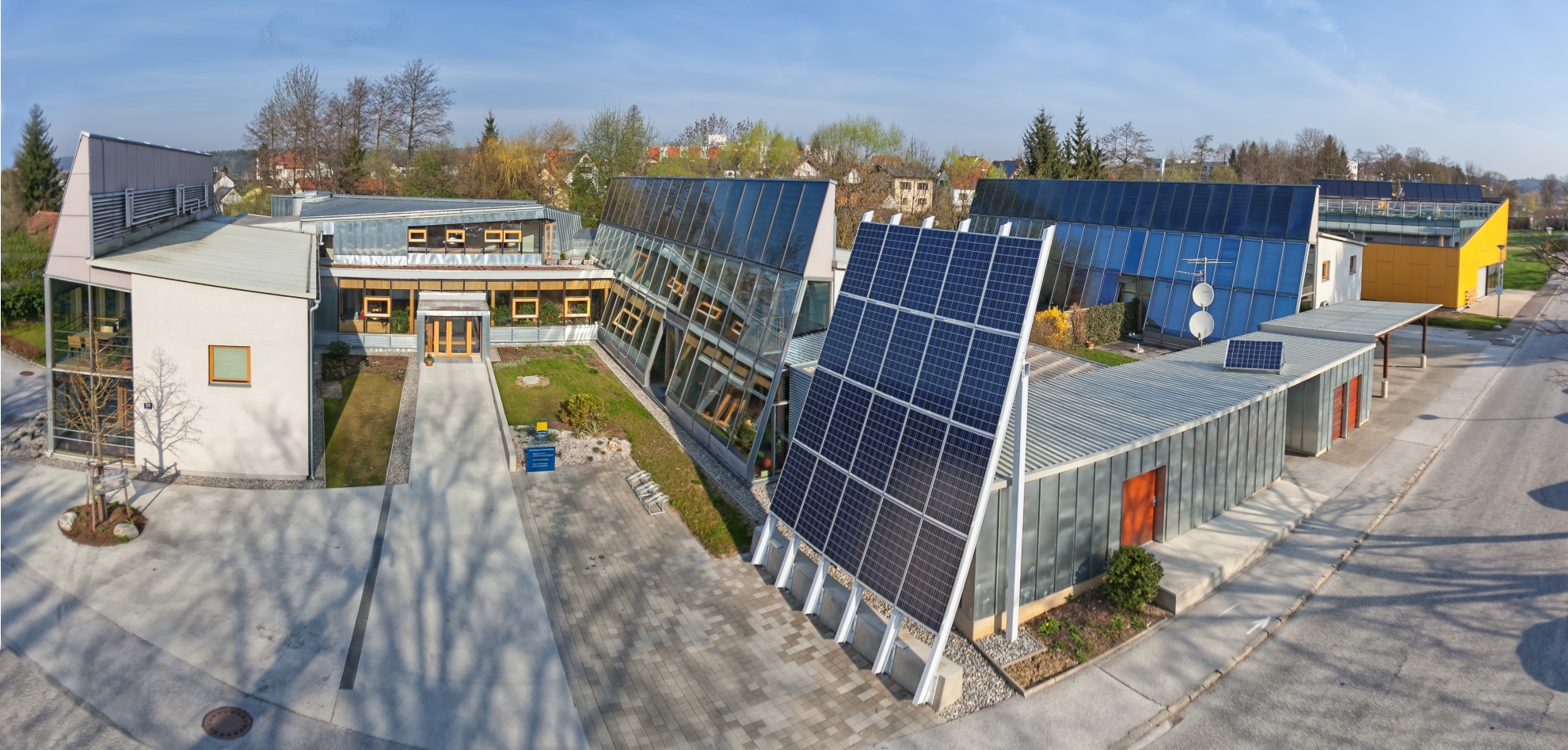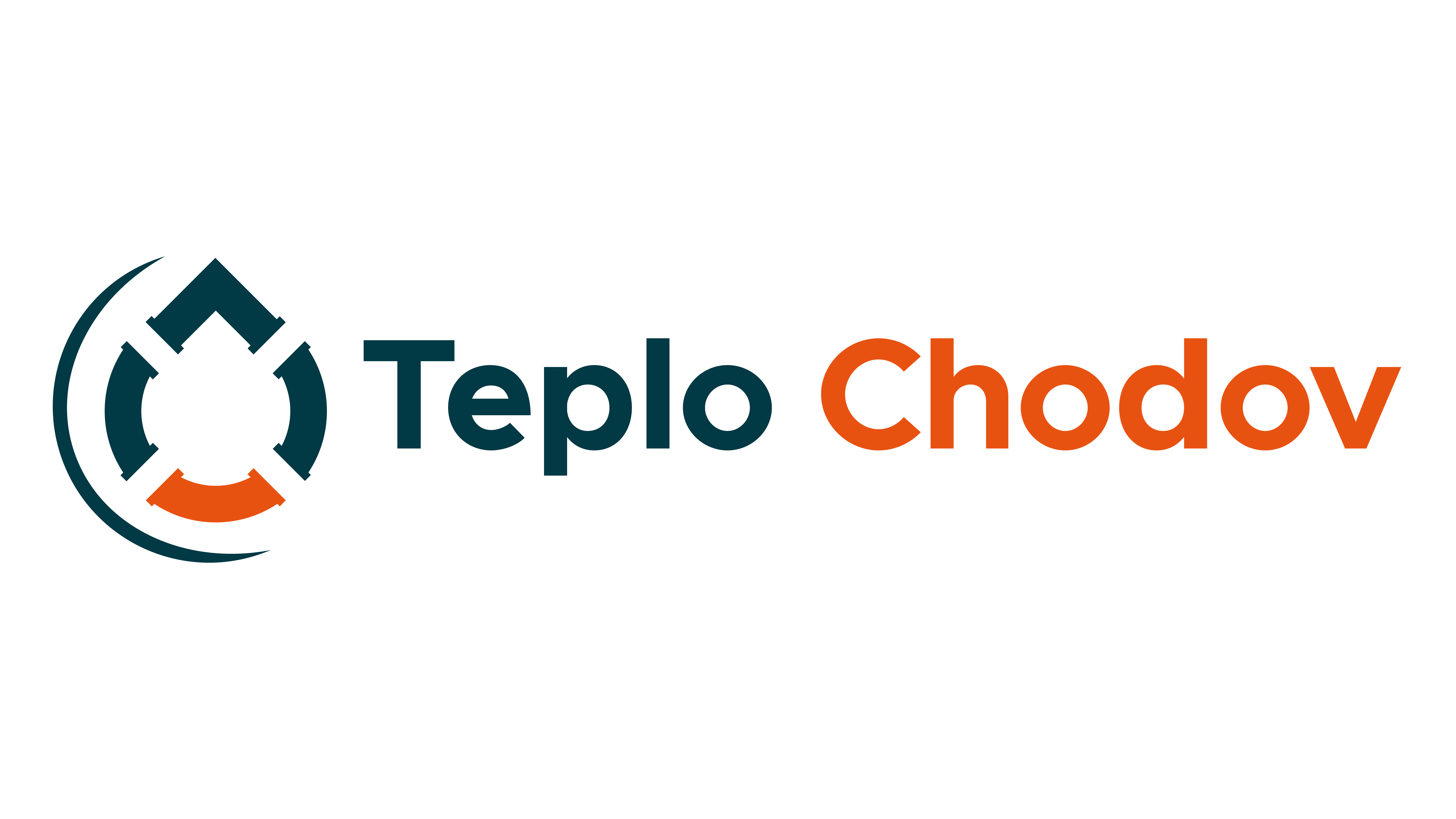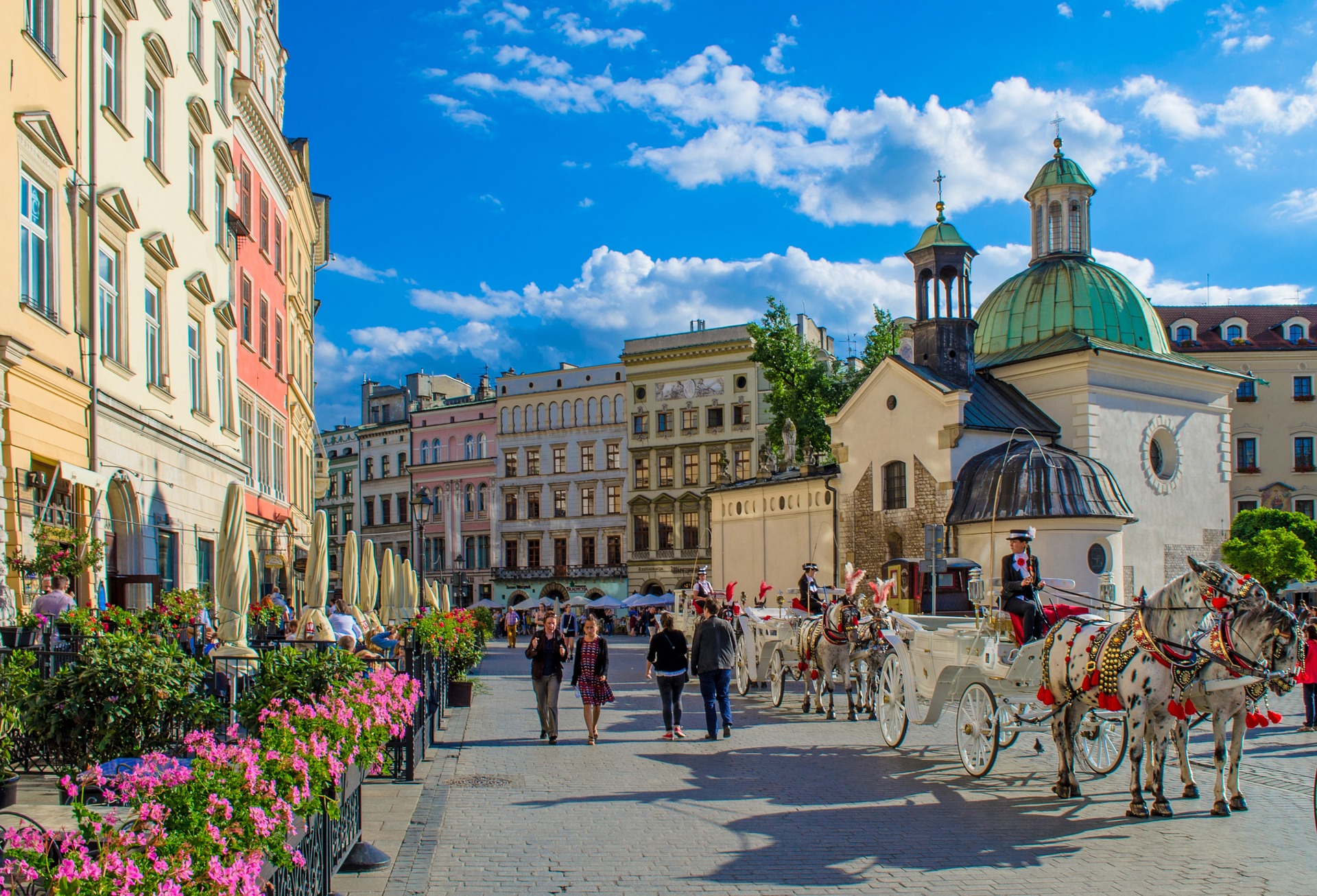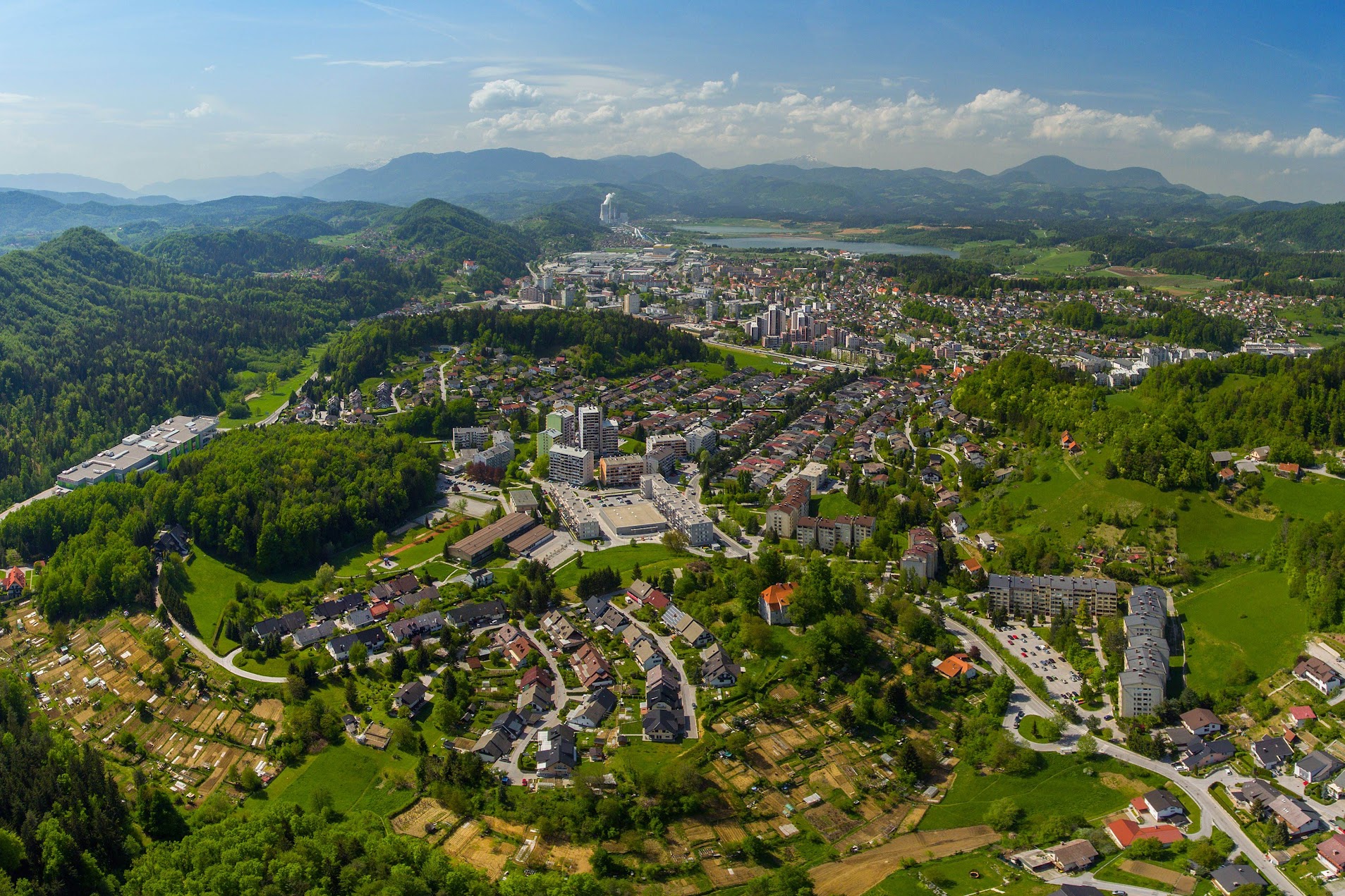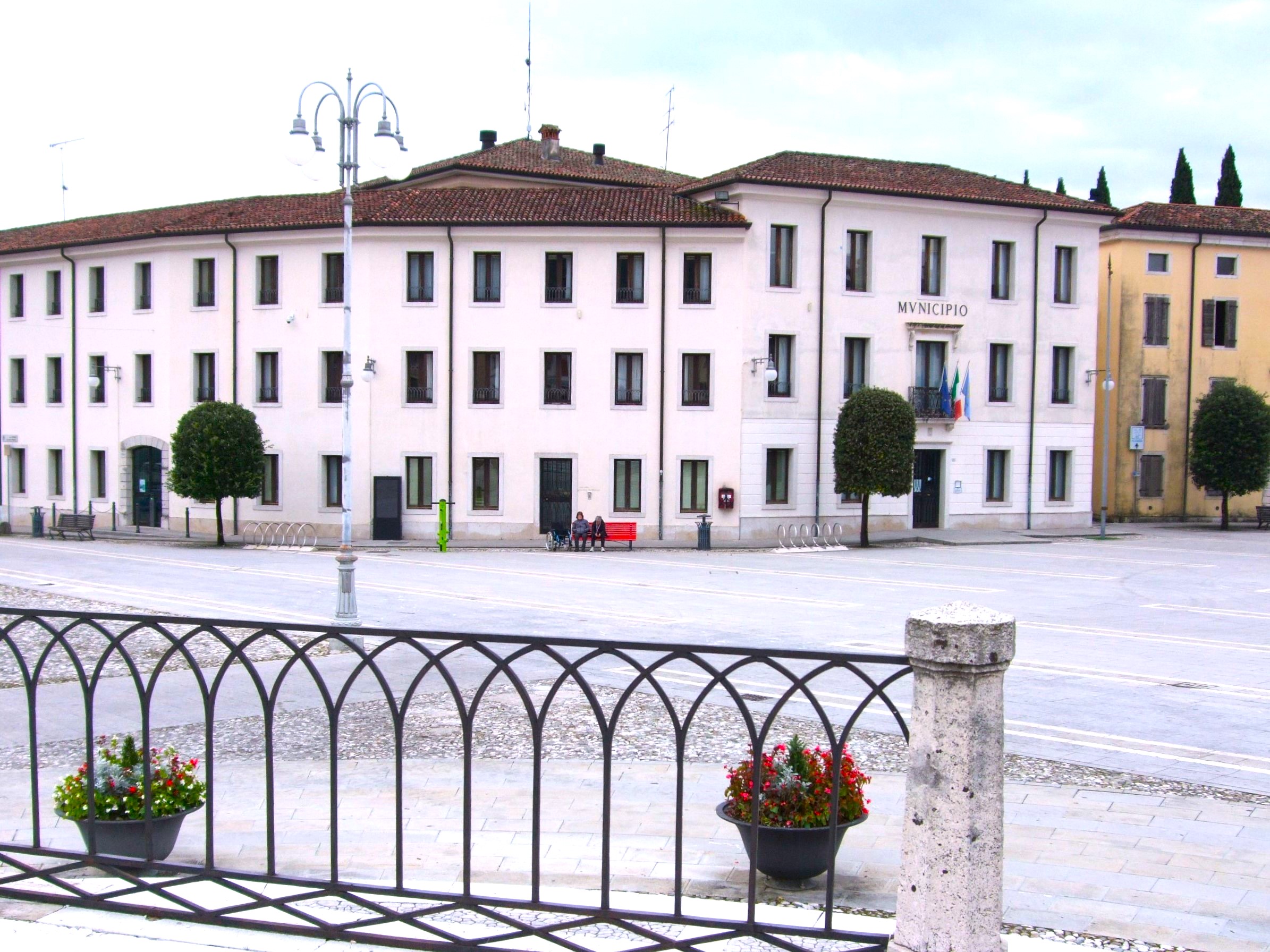Project overview
Transforming district heating systems of Central Europe into sustainable and efficient heating and cooling systems by 2035
Many district heating systems in central Europe still rely heavily on fossil fuels. New approaches utilize various heat sources but are complex to implement. The HEAT 35 project supports eight regions and cities in the transition process to run their district heating systems on 50% of renewables and waste heat by 2035. The partners involve district heating operators and experts to design new solutions. They also prepare guidelines and tools for the operators to implement these solutions, supported by a quality management system that helps to ensure that emission standards are respected.
-
2,05m €
-
Project Budget
-
80%
-
of the Budget is funded by ERDF
-
7
-
Countries
-
8
-
Regions
-
10
-
Partners
-
2
-
Pilots
Duration
Start date
End date
Project progress
Project partnership
Project partners

Lead partner
Energy institute Hrvoje Požar
Department for Energy Efficiency
Project partner
Cities and Networks
Energy- and District Strategies
Department of Innovation
Economic Development and Transition Office
Roadmap
Background information

Central Europe has high demands for heating and cooling with a well-developed district heating (DH) supply model, high dependency on fossil fuels, and similar potential regarding the integration of low-temperature renewable energy sources (RES) or waste heat into the DH grids. District heating (DH) systems in Central Europe are highly dependent on fossil fuels and are mostly using old technologies. Since heating and cooling accounts for around 50% of final energy consumption in Europe, there is a need for a deep transition, including significant improvement in energy efficiency.
Challenge

DH systems are facing big challenges deriving from their dependency on Russian gas and longer-term demands for their efficiency set by Revised Energy Efficiency Directive. The complexity of integrating multiple heat sources like geothermal, biomass, and waste heat presents technical and operational challenges. Additionally, the region's reliance on Russian gas has caused vulnerabilities, urging a shift to more sustainable, decentralized energy sources. A new generation of DH systems is on its way, integrating many different heat sources, making them far more complex and decentralised.
Solutions in place
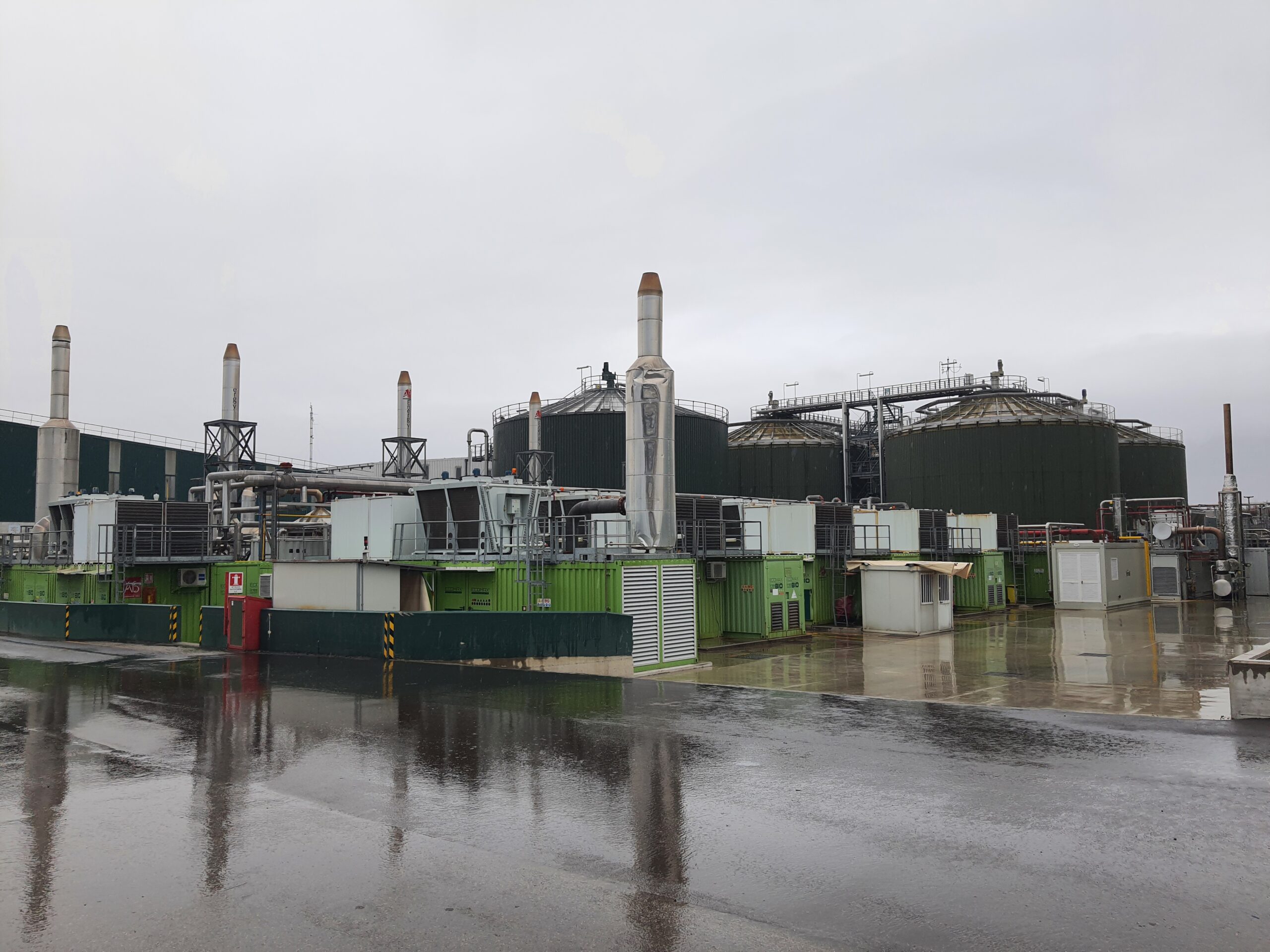
Until now, different specific solutions have been developed in the form of tools and assessments like heat maps, waste heat maps, assessments of different energy potentials, etc. Projects like CE-HEAT and ENTRAIN have already produced tools such as a waste heat viability calculator and quality standards for biomass plants. However, a comprehensive approach is still missing to take DH systems through a tailored process of activities and supporting tools.
Goal

Our goal is to answer the challenges that DH systems are facing by involving them in the process of becoming sustainable and efficient systems using waste heat and renewable energy sources. The main objective is for DH systems to use at least 50% renewable energy or waste heat as an energy source by 2035. The project aims to co-design transformation solutions for involved DH systems, improve energy efficiency, and reduce emissions, ultimately positioning DH systems at the core of community climate transformation efforts.
Our solution

Project partners will co-design transformation solutions for DH systems involved in the project - Tehnostan Vukovar (HR), Municipality of Velenje (SI), Heating Chodov (CZ), Cracow District Heating Company (PL), and Municipality of Maniago (IT). The solutions will then be adopted by governing bodies of DH systems and expert partners. HEAT 35 will offer a comprehensive approach through the HEAT 35 Kit, which includes guidelines, tools, and a quality management system to help DH operators integrate RES and waste heat into their systems. The project will also establish a Learning Lab to build the capacity of operators to manage more complex and decentralized DH networks. By uniting Central European partners and promoting knowledge transfer, HEAT 35 aims to deliver sustainable transformation solutions that can be replicated across the region.
News
Events
No events found
Outputs
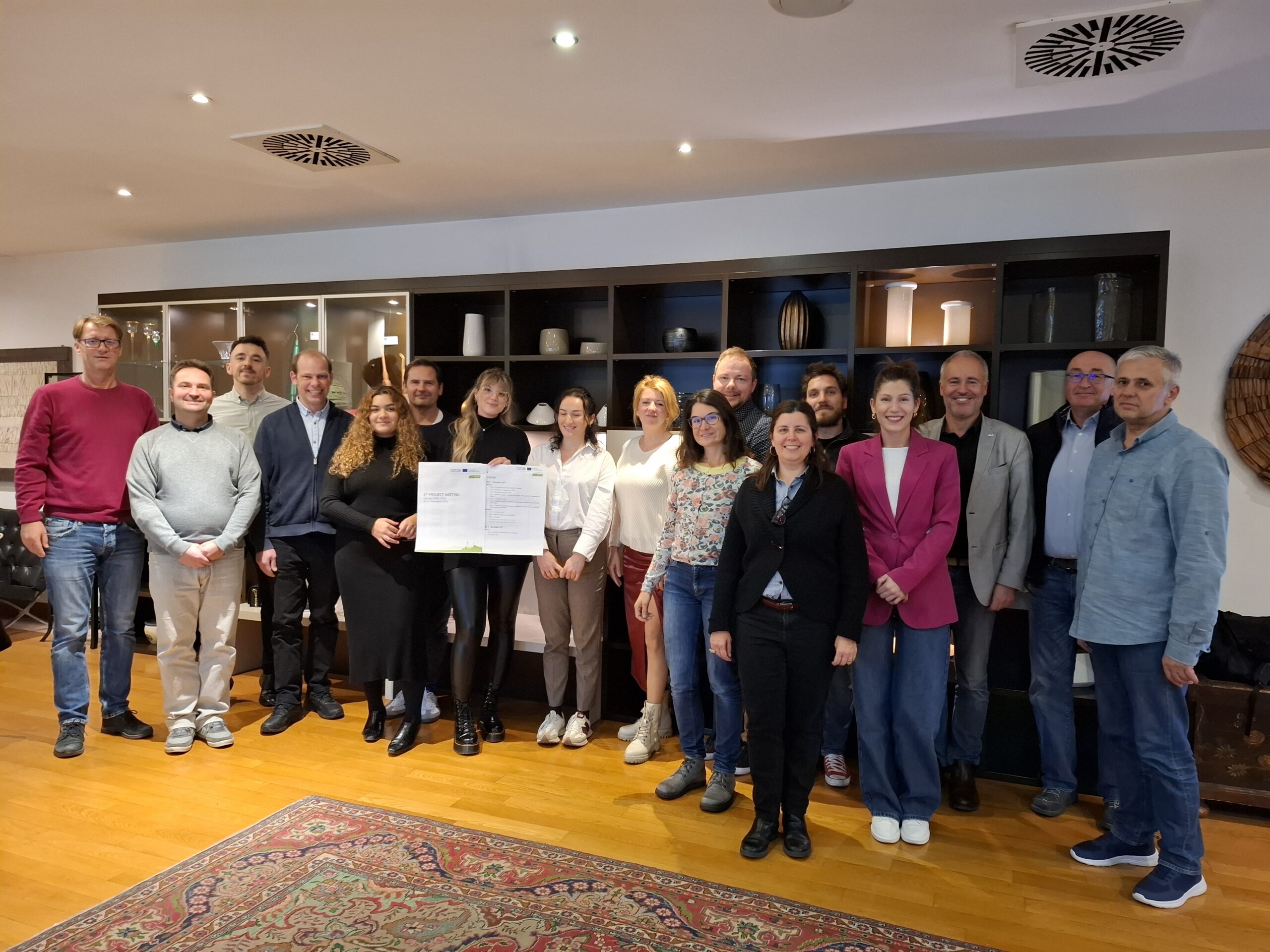
HEAT 35 partnership cooperating transnationally
HEAT 35
The project lead partner is responsible for the content of this project website.
